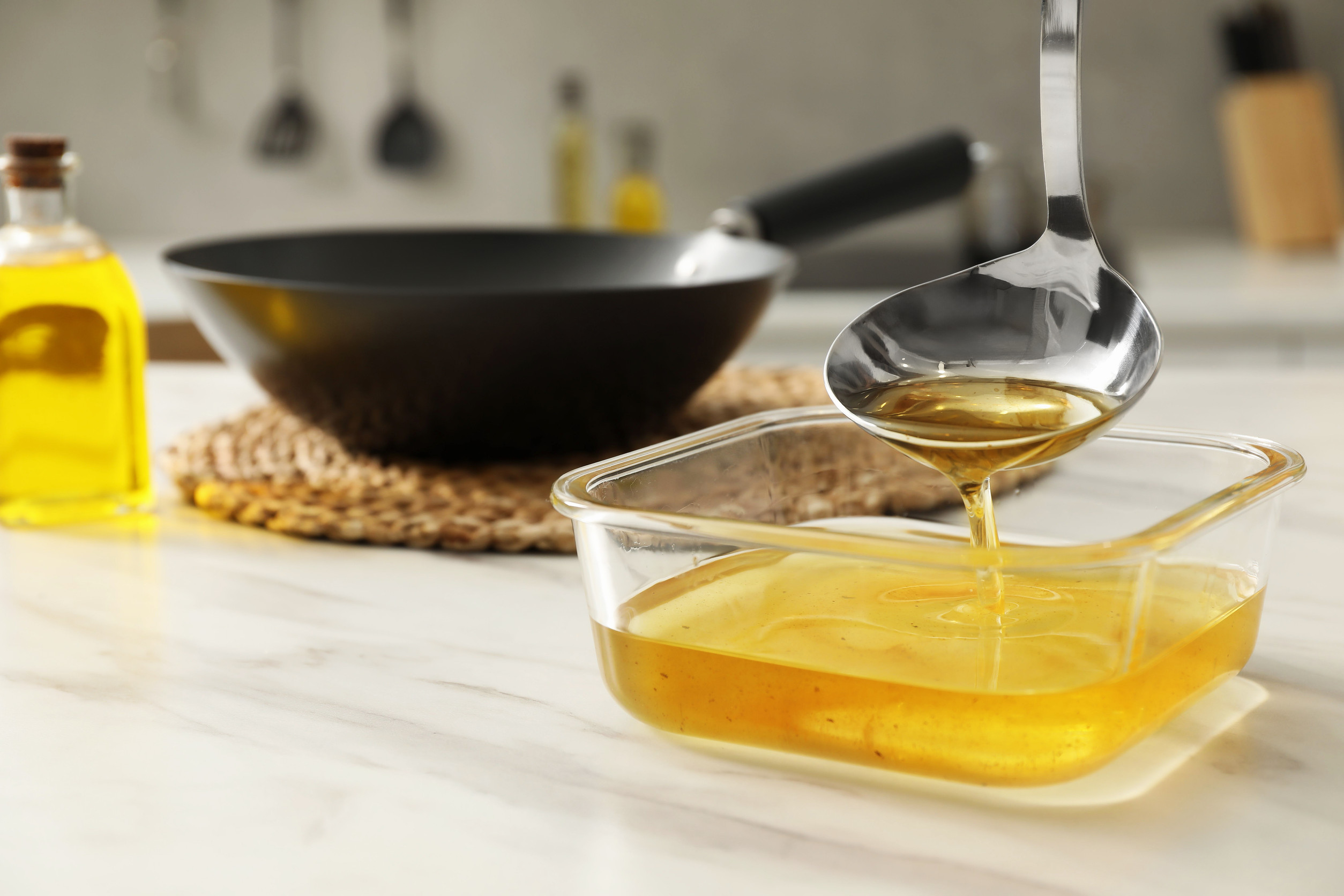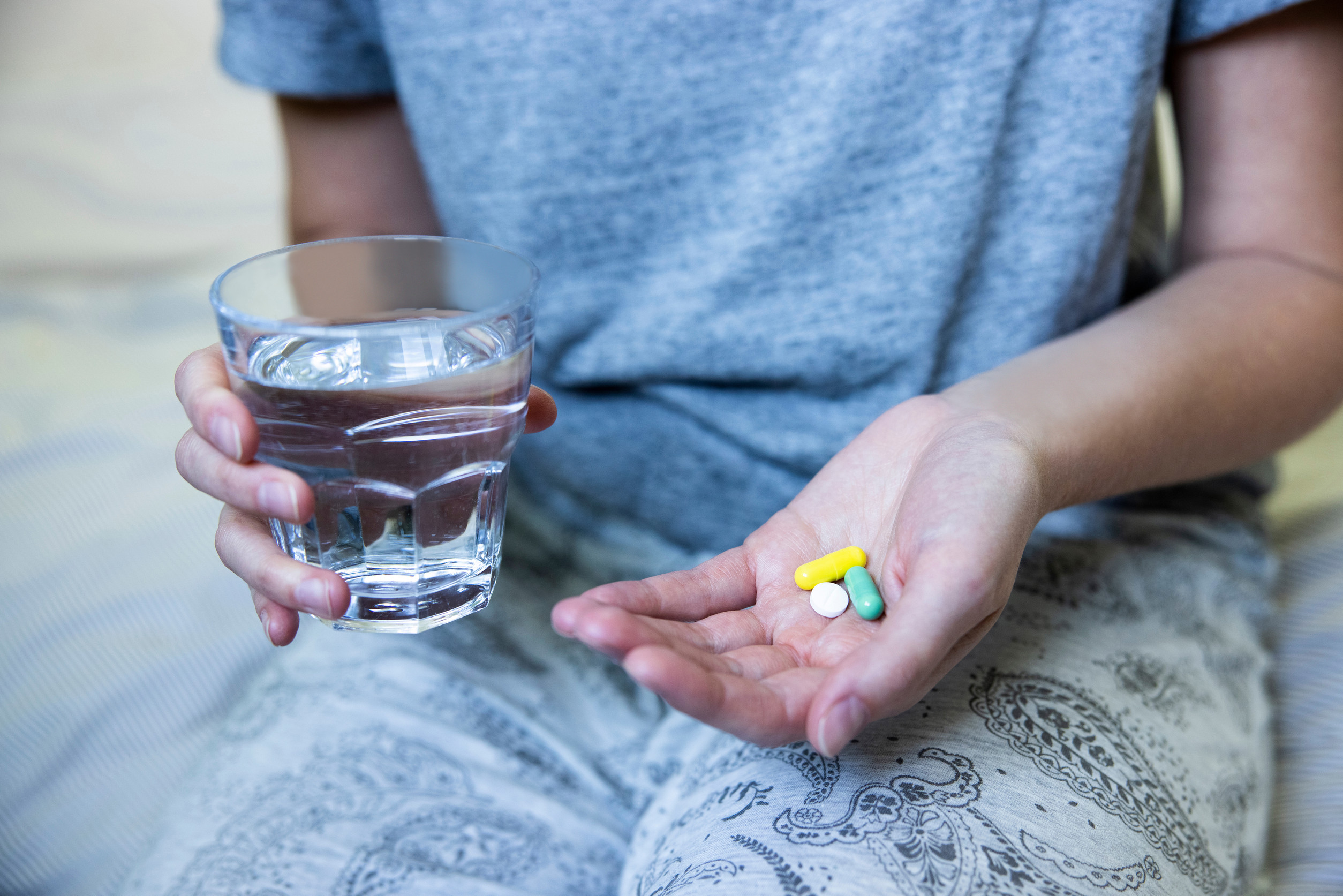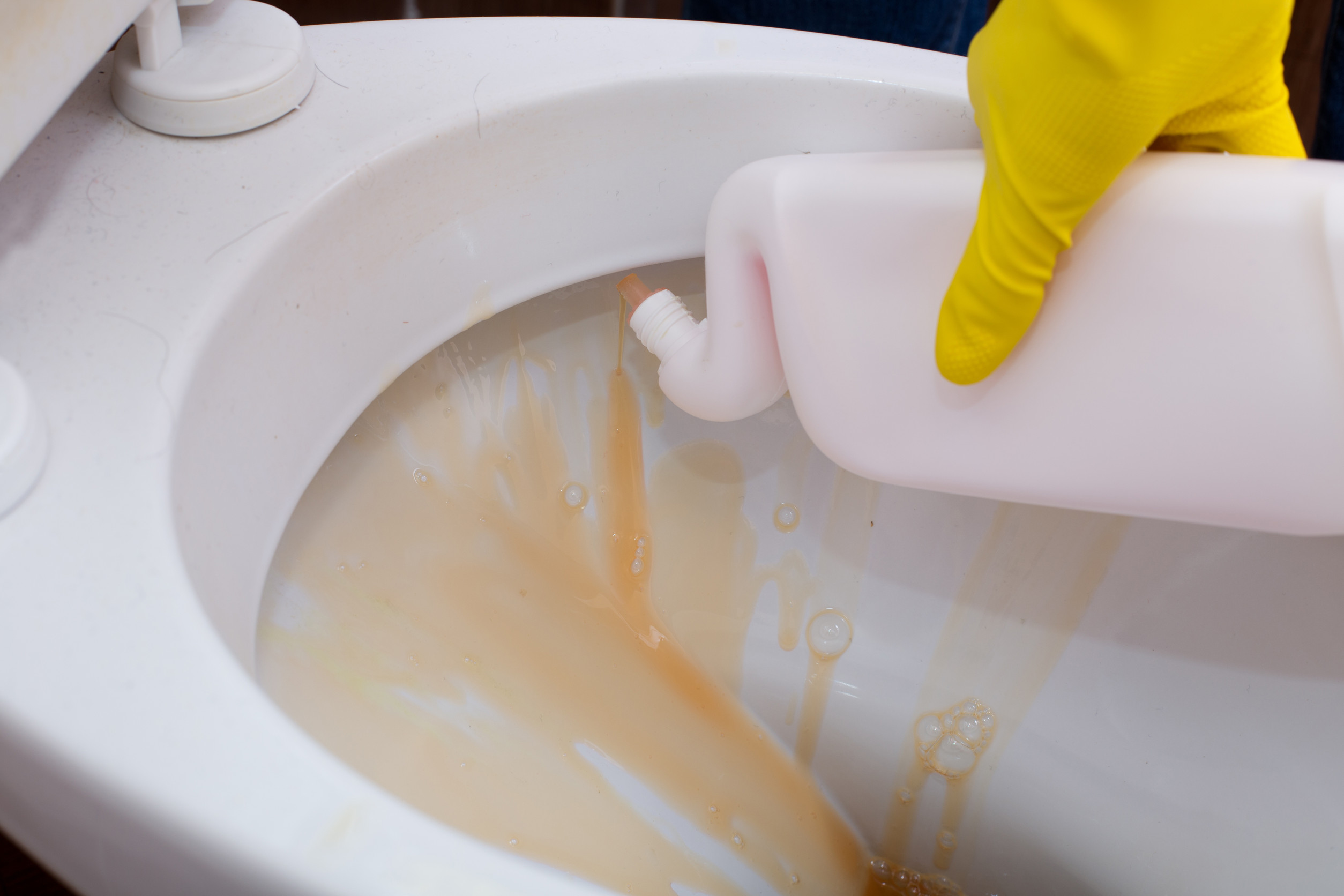It may feel harmless to toss certain items down the drain or toilet and never think about them again. Out of sight, out of mind, right? Unfortunately, many everyday habits can quietly cause major plumbing problems, sewer backups, or even environmental damage. In fact, some of the most common things you should never flush are regularly disposed of that way by millions of households. If you want to protect your pipes, your wallet, and the planet, it’s time to stop these 10 bad habits for good.
Things You Should Never Flush… Ever

1. Cooking Oil and Grease
Pouring grease or oil down the kitchen sink might seem harmless while it’s hot, but as soon as it cools, it solidifies. This sludge clings to pipe walls and eventually causes major blockages. Over time, it can contribute to fatbergs—huge masses of fat and waste that clog sewer systems. Even hot water and dish soap can’t fully prevent buildup. Always collect grease in a container and toss it in the trash once it hardens.
2. Flushable Wipes
Despite the name, “flushable” wipes are one of the worst offenders in modern plumbing issues. Unlike toilet paper, they don’t break down easily and often snag on rough pipe surfaces. This causes clogs, backups, and expensive repairs, especially in older plumbing systems. Wastewater treatment plants regularly remove masses of wipes from filters and pumps. Toss them in the trash, no matter what the package says.
3. Coffee Grounds
You might think coffee grounds are fine because they’re organic, but they clump together in water and create dense blockages. They’re especially dangerous when combined with grease, forming a sludge-like paste inside pipes. Many plumbers list coffee grounds among the top items that clog kitchen drains. Compost them instead, where they can benefit your garden soil. It’s a much better use than risking your plumbing system.
4. Dental Floss
This tiny thread might seem harmless, but it’s another sneaky item on the list of things you should never flush. Floss doesn’t dissolve in water and easily wraps around other debris in pipes, contributing to stubborn clogs. It can also damage septic systems by clogging filters and pumps. Over time, it adds to microplastic pollution in waterways. The best option? Wrap used floss in a tissue and toss it in the trash.
5. Paper Towels and Tissues
Unlike toilet paper, paper towels, and facial tissues are designed to be durable. This makes them terrible candidates for flushing. They don’t break down fast enough and often cause clogs, especially when flushed in bulk. They’re also thicker and more absorbent, which allows them to expand in pipes. Stick with toilet paper only—or expect an emergency plumbing bill.
6. Medications

Flushing old or unused medications might seem like a safe way to dispose of them, but it poses a serious environmental threat. Pharmaceuticals don’t break down easily and can end up in lakes, rivers, and even drinking water. This disrupts aquatic ecosystems and has been linked to hormonal changes in fish and other wildlife. Many pharmacies now offer drug take-back programs as a safer alternative. Avoid flushing meds under any circumstances.
7. Cat Litter
Even cat litter labeled “flushable” can be dangerous to your plumbing and harmful to water systems. Litter clumps and expands when wet, which makes it perfect for clogging pipes. It may also contain parasites like Toxoplasma gondii, which can survive wastewater treatment and harm marine life. Plus, most toilets aren’t built to handle the grit and volume of litter. Scoop and toss litter in a sealed bag instead.
8. Eggshells
Eggshells might seem harmless going down the disposal, but they’re not as safe as they look. The tiny, sharp pieces can bind with grease and other debris, leading to drain blockages. The membrane inside the shells is also sticky and fibrous, which can wrap around the grinder blades in garbage disposals. Composting is a far better method for getting rid of eggshells. Your plumbing—and your plants—will thank you.
9. Hair
Whether it’s from shaving, brushing, or showering, hair is a nightmare for plumbing systems. It binds with soap scum to form thick clumps that clog pipes and slow drainage. Even small amounts add up over time, especially in bathroom sinks and shower drains. Hair is one of the top causes of slow drains and backups. Use a drain cover or hair catcher to stop it before it becomes a problem.
10. Bleach and Harsh Chemicals

While these substances might clean your bathroom, they’re not friendly to your plumbing or septic system. Harsh chemicals can erode pipes, damage rubber seals, and kill the beneficial bacteria in septic tanks. This leads to long-term problems that are costly to fix. For most cleaning needs, gentler solutions like vinegar or baking soda work just as well. Treat your plumbing like it’s delicate—because it is.
Small Habits Today Can Prevent Big Problems Tomorrow
Most people don’t think twice before flushing something away, but the damage builds over time. These things you should never flush may seem minor in the moment, but they can wreak havoc on plumbing systems, sewer lines, and the environment. Being more mindful of what goes down your drains doesn’t just save money—it protects your home and your community. A little prevention now can save you from a big mess later.
Have you ever had to call a plumber for one of these mistakes? Share your experience—or your own drain-saving tips—in the comments to help others avoid costly damage.
Read More
6 Household Repairs Most Families Are Delaying This Year
9 Services the Middle Class Has Quietly Stopped Paying For
The post 10 Things You Should Never Flush or Drain—But Most People Still Do appeared first on Grocery Coupon Guide.







